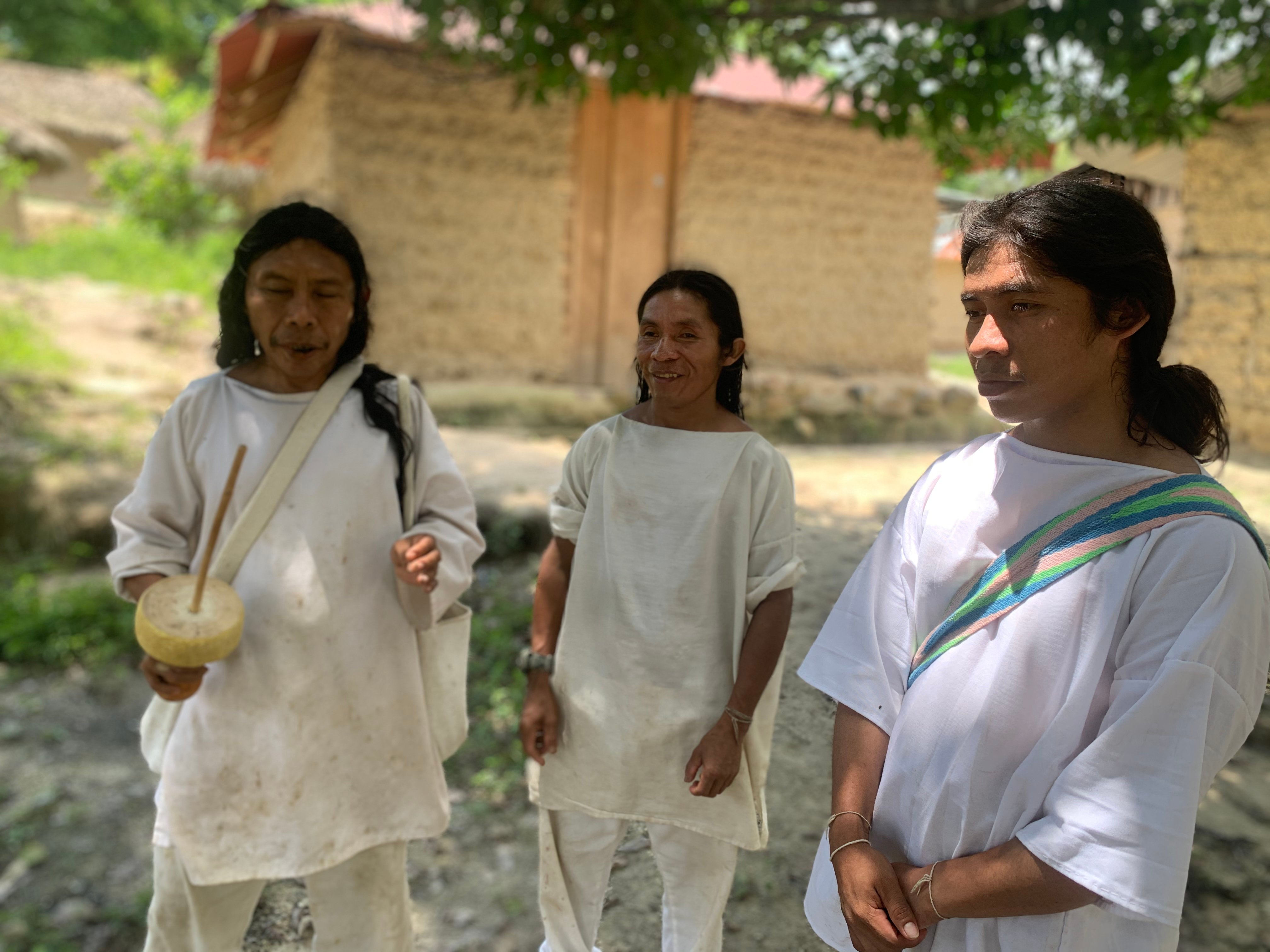- Blog
- sustainability
- We grow trees...
We grow trees and equality
Jun 01, 2022 | written by: Lara Zambonelli
What do trees have to do with equality?
More than you might think. Because education and income, two key ingredients in combatting inequalities between and within countries, can also, surprisingly, come from planting trees.
More than you might think. Because education and income, two key ingredients in combatting inequalities between and within countries, can also, surprisingly, come from planting trees.
Find out how we work and join us in our 2022 Earth Day and World Environment Day campaign, during which we want to gift the planet lots of new trees. That’s why for every tree you plant between 22 April and 5 June 2022, we’ll plant another one and gift it to you after the end of the campaign*. The goal is to reach 20,000 new trees planted. 10,000 from you and 10,000 from us. What do you say, are you in? So join the campaign and plant your tree, and we’ll plant another one to match your commitment.
Working for equality means making sure that every individual is given the same opportunities to enjoy their life and develop their talents, regardless of where they were born, their gender, religion, nationality or sexual orientation.
This is a conviction that guides us at every stage of the implementation of our agroforestry projects, and which takes shape in different ways depending on the areas in which we work. Take, for example, gender equality: women often find it more difficult than men to obtain funding or to finalise business transactions. Planting trees in agro-forestry systems is a solution that requires minimal initial resources, and in the long term restores soil fertility and increases agricultural production. Moreover, in these contexts, it is easier for women to remain in control of the sale and income generated by these fruits (such as avocados, mangoes or safou).

The Wiwa indigenous community in the Sierra Nevada of Santa Marta, Colombia is actively involved in Treedom projects.
In other cases, promoting equality means involving ethnic minorities. Such is the case for the Wiwa indigenous community in the Sierra Nevada de Santa Marta, Colombia, which has been given a large number of new trees to plant and care for. Direct descendants of the Tairona people, who have inhabited these lands since 200 BC, the Wiwa live in isolation, in an area that can only be reached on foot after a five-hour trek along dirt tracks in the middle of the forest. Through Treedom projects, they participate in training sessions on how to build nurseries, practise grafting and care for trees in the long term, building a more environmentally and economically sustainable future.
That’s why by growing trees, we also grow equality. Diversifying crops and income sources, providing training and long-term environmental solutions means creating opportunities, contributing to the economic independence of rural communities and preparing for a future where sustainability and equality are two sides of the same coin.
Link
. https://blog.treedom.net/en/inside-the-nursery-en
. https://blog.treedom.net/en/treedom_explained_grafting
. The role of women in agriculture in developing countries
. Our projects in Guatemala
. Treedom on El Pais. A reportage from Guatemala
. There's no sustainable tomorrow without gender equality: interview with Ann Degrande

